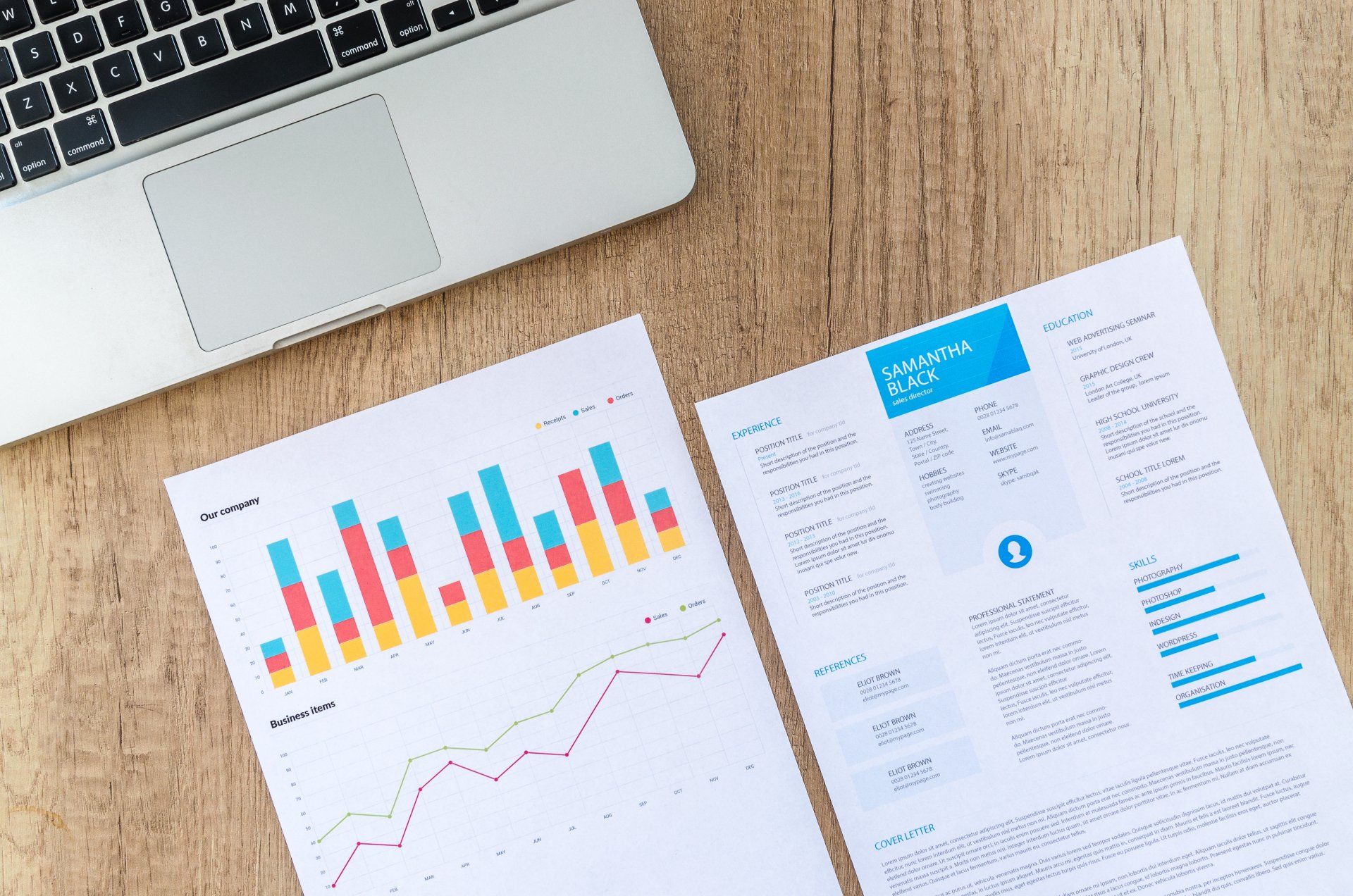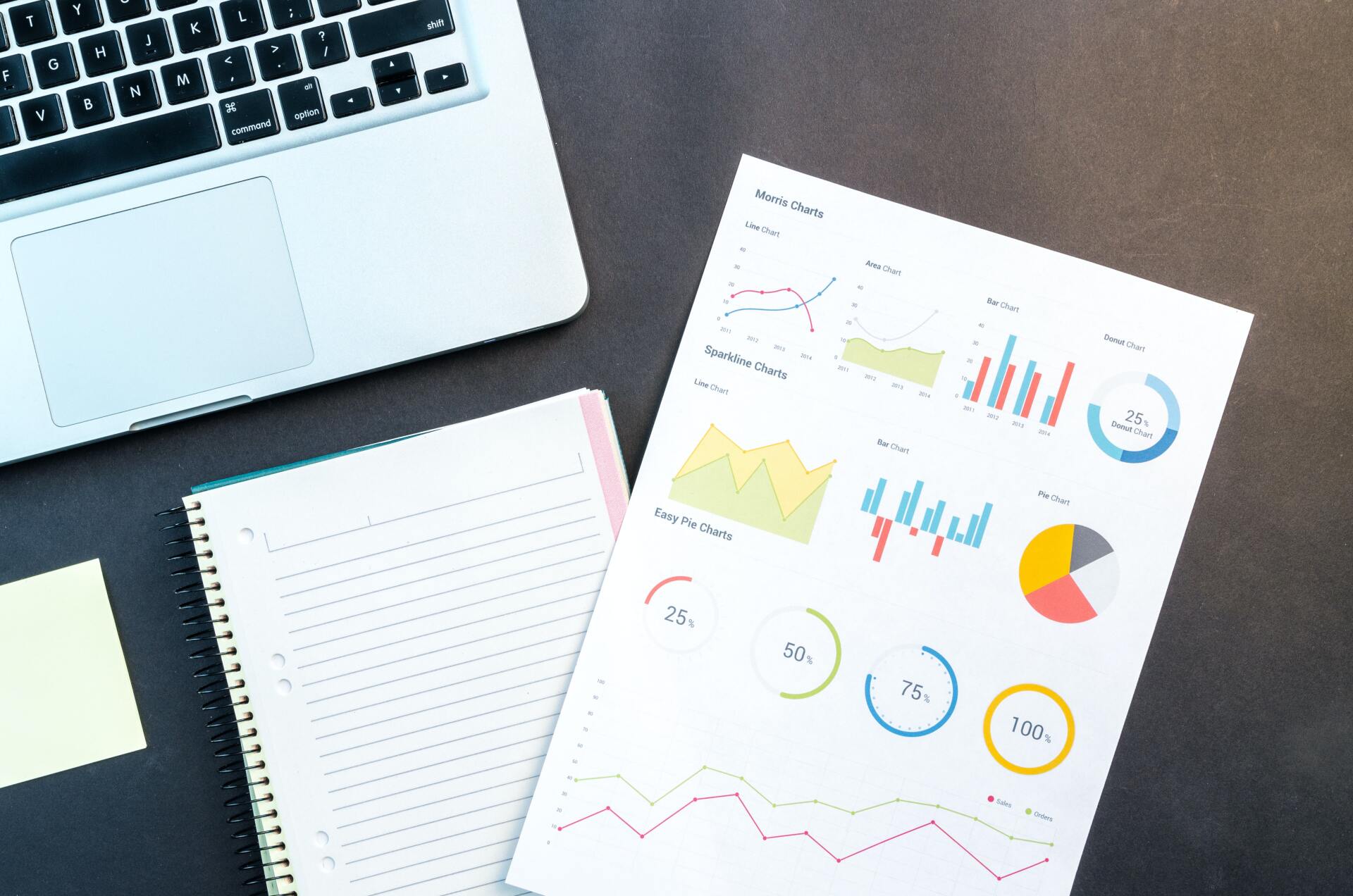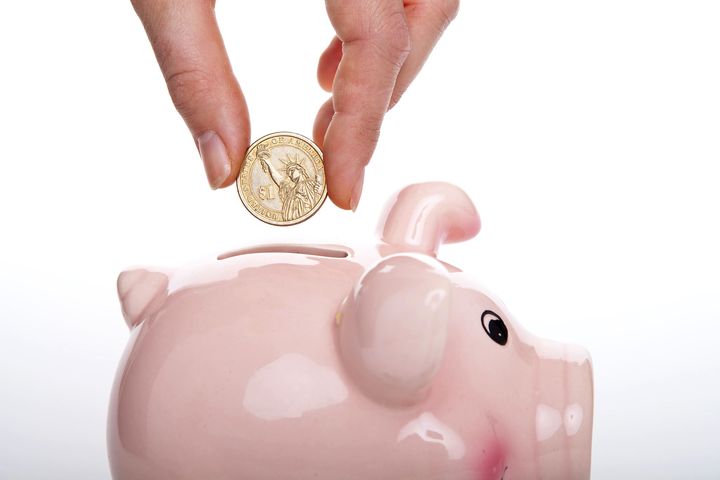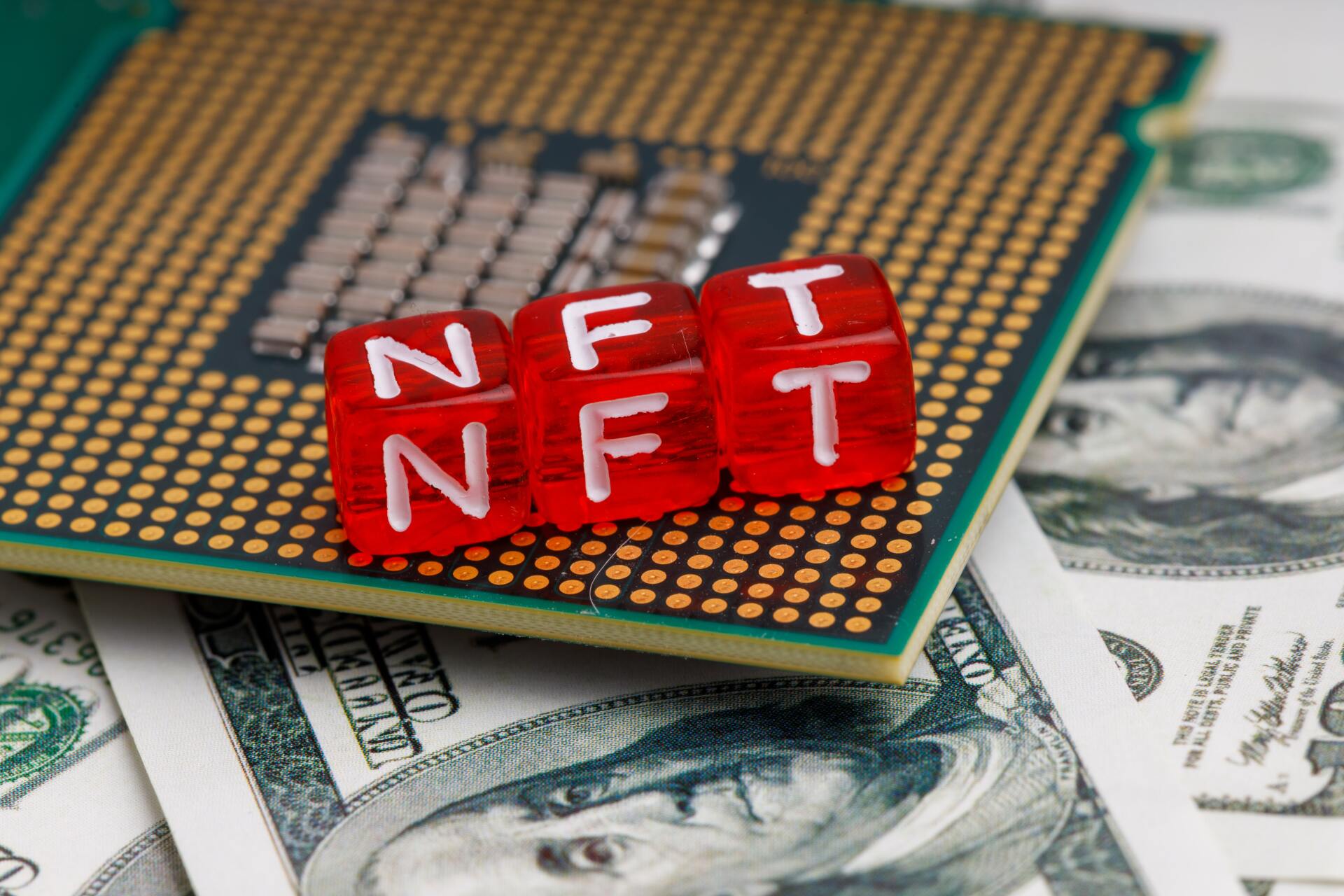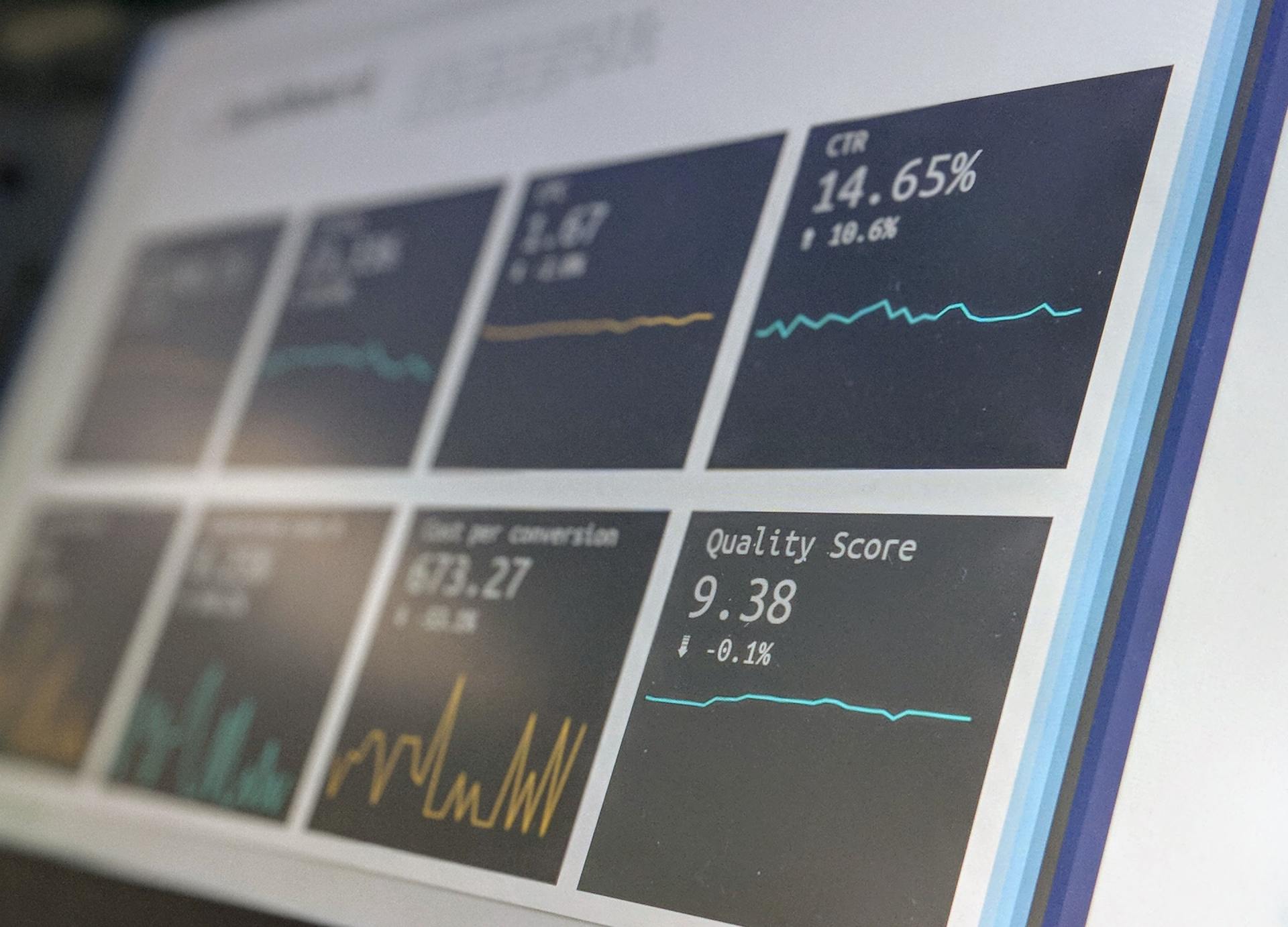How To Get Started With Investing
A Brief Preamble...
Investing is defined as the act of spending money with the expectation that over time you will be able to withdraw more money than you spent in the first place.
What is the definition of gambling? What is the difference between the two?
When gambling, you spend money with the same expectation -- that you will earn more than you spent. However, gambling hinges on luck where investing does not.
The success of an investment portfolio should hinge on corporate performance and other financial factors that even though you cannot control, you do understand.

Before you get started, it's important to know the difference between investing and gambling because if you blur the lines, you will run a significantly higher risk of losing money.
If you're just getting started, then you also might want to click here to see a list of five things you should know before you start investing
What are Stocks, Bonds, and other Securities?
Stocks and bonds are the most common securities types and are worth over $70 Trillion in market capitalization!
Because so much of the world economy is built off these two asset types, it's definitly worth taking the time to become familiar.
In short, a "stock" represents partial ownership in a company while a "bond" represents a debt owed to the bond owner (think of a bond as an "I owe you" statement where you lend some money to a party and they agree to pay it back with interest over a long period of time).

What Stocks Should I Buy?
If you are new to investing or are looking to get started, then this is probably a question you've already thought about. However, you're likely to have a hard time finding a straight answer -- at least from reputable sources anyway. There's a couple of reasons for this but mainly because each investor has unique goals and needs.
Sure, all investors want to make money, but what complicates this picture are factors such as:
- How much money you can afford to invest right now
- How long you can afford to be apart from your money for
- How much risk you are willing to expose your money to
- How diversified your portfolio already is
The last point on the list above is frequently overlooked but is perhaps one of the most important. This is because of a factor called unsystematic risk. Unsystematic (a.k.a diversifiable) risk is the risk associated with a particular stock or market sector.
If you already have a large portion of your portfolio invested in tech, then investing more into tech will increase your exposure to unsystematic risk.
So if you're asking yourself what stocks to invest in, make sure you first know the answers to the four questions above, then, look for a diversified group of stocks (or even better, funds) that line up with your specific situation to invest in.
💡 Pro Tip: For more help understanding concepts like unsystematic risk and starting your own investment portfolio, check out our Investing Basics curriculum available for free in the StockMotion App!

